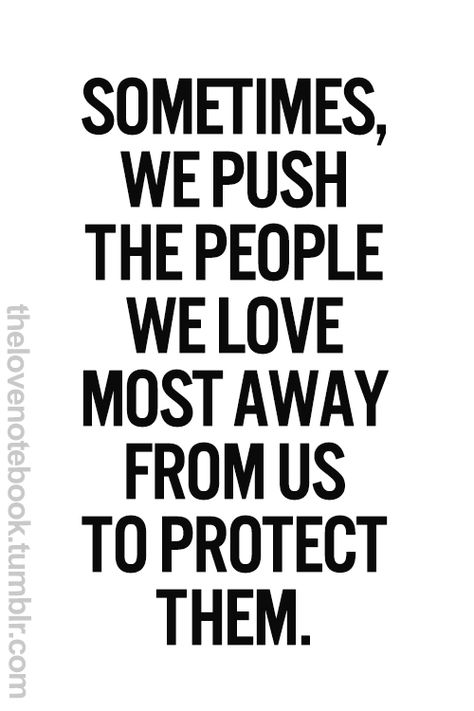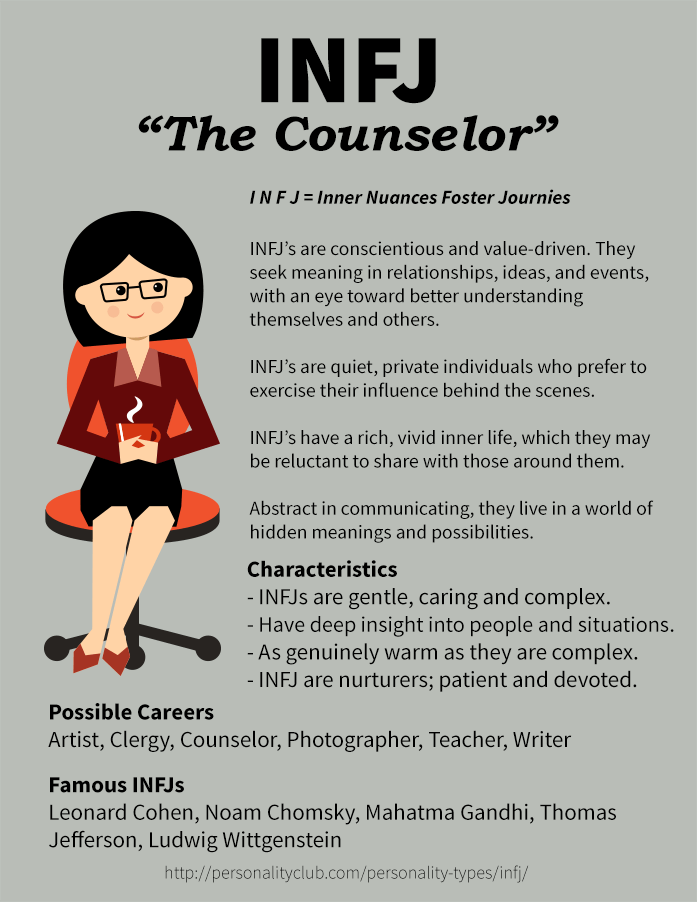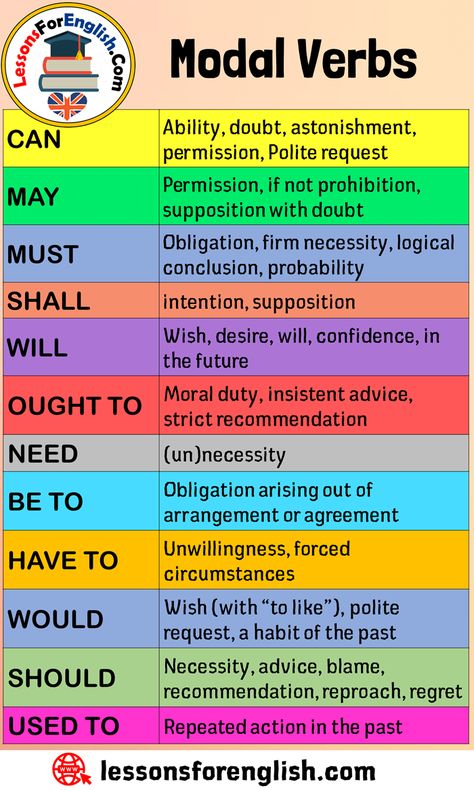What to do when someone doesn t like you
What to Do When Someone Doesn’t Like You
When someone tells me, “I don’t care if people like me,” they are showing me the emotional wall they use to block the hurt of rejection.
All of us care whether or not people like us. Humans are social animals. According to psychologist Abraham Maslow, feeling love, affection, and belonging is necessary before we can reach the highest levels of consciousness and wisdom.
We need each other to survive, from infants through schooling and throughout our professional careers. Many studies have shown that social connections help seniors to live longer and happier lives. The greatest form of punishment is isolation.
To think you can realize your potential without the help of others is an illusion. While trying to navigate your work and home life, you need people to talk to, to listen to you, and hopefully, someone who will challenge some of your rambling thoughts. I often need a human mirror to see how much I've grown in the past year and to remind me of my strengths.
I, like most of you, excel at reminding myself of my weaknesses, so I elevate my self-awareness with the aid of my trusted friends and colleagues.
Based on this need for social connection, your reactions to rejection, negative judgment, and stinging sarcastic remarks can range from minor hurt to bouts of depression. The ability to let a show of dislike roll off your back is a learned skill. You have to consciously balance your need to be liked with understanding what is true about the current situation.
- Catch yourself reacting defensively or shutting down. The first step to handling a negative situation is to recognize your reaction. Instead of stuffing your emotions, you need to stop three or four times a day and ask yourself, “What am I feeling?” Do you feel fear in your chest, betrayal in your heart, anger in your shoulders, gut or head, or humiliation in the pit of your stomach? It takes practice to discern your feelings, but the first step is to identify what emotion has shown up in your body so you can choose what to do next.

- Ask yourself what is true about the situation. When you sense yourself shutting down or feeling defensive, ask yourself what you believe the person meant to do to you. Did they truly mean to insult you, betray you, disrespect you, or make fun of you? Your brain works very hard to keep you safe, so it will judge a situation as threatening if there is any possibility of social harm. This is not a logical process. When you react to a person’s words, ask yourself, “What was the intent of the comment? Is it true they meant harm? Is it true that others will agree and judge me negatively because of their words?" Would it be possible to ask the person if they meant to insult you or discredit your ideas? Often people do not realize the impact of their words. You will feel better if you discover they meant no personal harm.
- If you are sure the person meant to be negative, determine if their target was you personally or your ideas. When our brains sense a possible threat, we react as if we were personally attacked, meaning we take things too personally by nature.
 Take a breath to relieve the stress and ask, “Was the person commenting on my idea or on me as a person?” If you aren’t sure, take another breath and feel it enter your stomach. This will ground you in the present and take you out of your chattering mind. If you can, look the person in the eyes. Then ask yourself the questions in point #2 to determine if the remark was a personal attack that needs to be addressed or just a disagreement you can live with.
Take a breath to relieve the stress and ask, “Was the person commenting on my idea or on me as a person?” If you aren’t sure, take another breath and feel it enter your stomach. This will ground you in the present and take you out of your chattering mind. If you can, look the person in the eyes. Then ask yourself the questions in point #2 to determine if the remark was a personal attack that needs to be addressed or just a disagreement you can live with. - Finally, if you believe the person doesn’t like you, ask yourself whether this matters. Some people will like you. Others will not. Will the person’s judgment of you impact your work or life? If not, what can you do to release your need to be liked or even respected by this person? And, what can you do to stay neutral and not return the dislike? The more you can come to accept others as who they are, resist fixing them or changing their opinions, and listen with patience and compassion, the more you can move forward with your goals regardless if someone likes you or not.
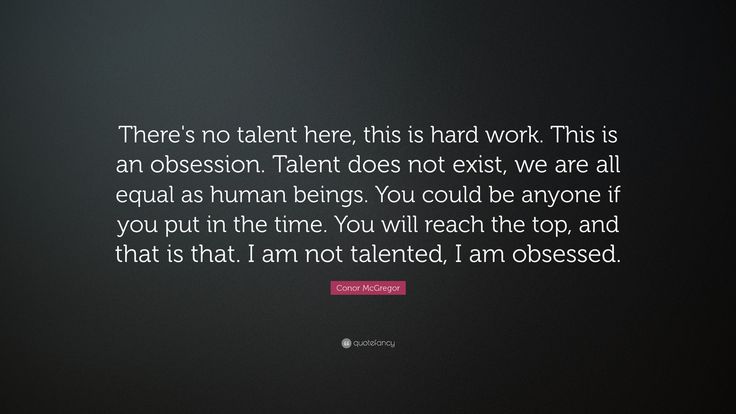 According to Charlotte Kasl, Ph.D., author of If the Buddha Dated, when you dismantle your personal censor you can achieve your highest potential. Rise above the discord by mentally forgiving the person for not appreciating what you contribute and forgiving yourself for reacting with fear or anger.
According to Charlotte Kasl, Ph.D., author of If the Buddha Dated, when you dismantle your personal censor you can achieve your highest potential. Rise above the discord by mentally forgiving the person for not appreciating what you contribute and forgiving yourself for reacting with fear or anger.
If you are doing the best you can with what you have, worrying if people like you or not is a waste of your most precious resource: your energy.
Adapted from Outsmart Your Brain: How to Make Success Feel Easy by Marcia Reynolds.
How to Deal With Someone Who Doesn't Like You
A couple of years ago, I worked with a co-worker who hated me. She talked negatively about me to other team members and challenged me openly on several occasions. The cherry on top? She told my boss she was better suited to be manager than I was.
Just because it stemmed from her frustrations with her own career, it didn’t make my experience any easier. I felt like I had to constantly defend myself, and my work had to compete with all of the negative attention.
Looking back now, though, I can see a silver lining. Her disdain toward me taught me five things about dealing with people who have it in for you:
1. Start With Yourself
It’s too easy to conclude that people don’t like you just because—without taking a look at yourself. Before deciding it has nothing to do with you, take a moment and consider if you’re doing things that could potentially be offensive or insensitive.
It could be something you’re aware of—like if you’re hyper-competitive and willing to step on others to get ahead. But it could also be habits you’re not attuned to, like finishing people’s sentences.
So, ask for feedback from someone you trust. Your boss or co-worker can provide perspective on how you’re coming across to others, and why you may not be received so well. This’ll give you an opportunity to adjust some of those behaviors, and then, revisit the relationships that may’ve gotten off to a rocky start. (I know it’s a tricky conversation to start, so here’s a template that’ll help you ask for honest feedback.
2. Accept Your Differences
Maybe the people you ask says there’s nothing they can identify that would rub others the wrong way. If that’s the case, the next step is to accept that not everyone will like you—and that’s OK.
Your job is not to convince them why they should. Yes, you need to be courteous, but don’t stop being true to who you are.
It’s helpful to remember that people have favorites inside and outside the workplace, I bet you experience it, too: There are probably some people that you click with and others you don’t. While it may seem personal, it’s just human nature, and remembering that can make it sting less.
If it’s still getting to me, I also like to remember that no one’s perfect and embracing imperfections is what make us unique.
3. Refuse to Engage
Of course, accepting doesn’t mean you stoop to their level. There’s an old saying that arguing with fools will just prove there are two.
No matter how strong you think your clap back game is, just don’t do it.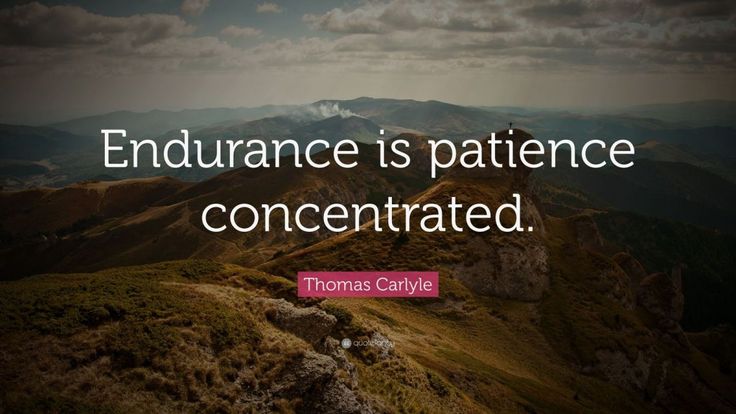
One strategy that has always helped me resist the urge to participate is redirecting the conversation. If I must talk to someone who doesn’t like me and I believe it’s headed in a negative direction, I quickly redirect the conversation back to its origin. For example, “Steve, I’d love to get back to brainstorming the marketing plan, specifically.”
4. Refocus
Dealing with such a negative person can be draining, so refocus your energy on the people who believe in you. You’re in your job for a reason—because you can do it, and the people who hired you know that!
What others think of your qualifications is not relevant.
Believe it or not, I often refocus by pretending that I’m on stage in front of a large audience. Lights, camera, action and everyone is watching. It doesn’t matter what happened backstage, in the dressing room, or at last night’s show. What matters most is my performance right here in this moment. That image helps me shake off any negativity and get back to business.
5. Reset
When you’re working with someone who doesn’t like you, you have to (repeatedly) hit reset. You can’t approach each working opportunity thinking about all the reasons why working with this individual’s difficult.
Resetting will minimize your frustration and allow you to get more done.
One way to do this is to “play dumb.” Yes, you’re wise enough to interpret the true meaning of your co-workers so-called compliments and see them for the digs they are. However, you can pretend not to. You can smile and say, “Thanks so much for acknowledging my work. I was pleased to see the positive results as well.”
If you imagine your interaction going fine, it just might—and you want to do all you can to make that possible.
Despite the critics, you must continue to persevere. This was the hardest lesson of them all for me to learn. I stressed about going to work, knowing I’d have to deal with this awful co-worker. But I got through it by remembering it was her problem. I didn’t dislike this associate. She disliked me. That was her burden alone to carry. Acknowledging that this was not my problem helped me remain resilient and continue doing the job I loved.
I didn’t dislike this associate. She disliked me. That was her burden alone to carry. Acknowledging that this was not my problem helped me remain resilient and continue doing the job I loved.
What to do if someone doesn't like you
March 27 Relationships
It's impossible to please everyone. Accept it, do not despair and do not adapt to others.
Share
0 You can listen to a short version of the article. If it's more convenient for you, turn on the podcast.
Remember that it's OK to be in pain
We react painfully to rejection, whether it be friendships, romantic relationships, or interactions with colleagues. Once such a reaction was necessary for survival. When we lived in tribes, being rejected and driven out of the community was almost equal to death. Therefore, if someone rejects us, there is such a strong chemical reaction in the brain that it causes physical pain.
After that we go through several stages. First we blame ourselves. It seems to us that we have upset the other person in some way. Then we experience humiliation and shame, we feel our own weakness. We're trying to win back that person's goodwill. “It’s not even because we want to like him,” explains psychotherapist Sean Grover, “it’s just that we don’t like feeling that someone doesn’t like us.” In the end, we feel like a failure.
First we blame ourselves. It seems to us that we have upset the other person in some way. Then we experience humiliation and shame, we feel our own weakness. We're trying to win back that person's goodwill. “It’s not even because we want to like him,” explains psychotherapist Sean Grover, “it’s just that we don’t like feeling that someone doesn’t like us.” In the end, we feel like a failure.
These sensations are unpleasant, but absolutely normal. The main thing is not to dwell on them and move on.
Do not blame yourself for everything
Because of the openly expressed hostility of others, many begin to doubt themselves. But do not forget: people's actions are usually explained by their own problems and experiences. It's not about you personally and not about the other person, but about both of you.
It's just that this person is incompatible with you at this particular moment of life.
In addition, the location of another person is largely related to what benefit you bring to him, even if unconsciously. “It shows up in animals, too,” said Jennifer Verdolin, an animal behavior researcher at Duke University. “They prefer to spend time with individuals who are similar to them in status, personality, or genetic connections.”
“It shows up in animals, too,” said Jennifer Verdolin, an animal behavior researcher at Duke University. “They prefer to spend time with individuals who are similar to them in status, personality, or genetic connections.”
If you have nothing in common that would be valuable to both parties, you will be rejected. It's almost inevitable.
Analyze your behavior
Don't blame yourself for not being liked by someone. However, if this happens all the time, try to take an objective look at your behavior.
Ask for the reason why you were rejected. For example, you may have been told that you show off a lot or are self-centered. Consider if there is some truth in this. Analyze your behavior. If you really do this and it is unpleasant for other people, work on yourself.
Just don't overdo it. Of course, some of your habits can annoy others. But often it simply reflects the person's fears, prejudices, or unpleasant memories.
Gradually make new friends
When we enter a new circle of people, we feel lonely. For example, at a new job or after moving to another city. In such situations, the relationship of the others has already developed - it is easy to feel like an outsider.
For example, at a new job or after moving to another city. In such situations, the relationship of the others has already developed - it is easy to feel like an outsider.
Merge into the new environment gradually. For example, invite one of your colleagues to have lunch together. But don't try to join the group right away. Contact the one who is most friendly.
Not everyone is ready to welcome you with open arms right away. Focus on those who are willing to step forward.
Spend more time with those who appreciate you
Surely you have at least a few people who you can rely on in difficult times. Chat with them more often. This will increase your self-esteem and restore your self-confidence.
Strengthen relationships with people who value you. This is more beneficial than worrying about those who rejected you.
And remember, the best way to make true friendships is to be sincere. Don't wait for everyone to come to you. This attitude will not attract others to you at all.
This attitude will not attract others to you at all.
And send the haters away
At least mentally. Sometimes you just need to accept that someone is against you. “It's okay if you have an enemy,” says Sean Grover. “If people are jealous of you, ignore it.”
Don't intentionally turn others against you. But if someone does not like you and this feeling is mutual, then do not worry. You don't have to try to appease him at all.
Read also 🧐
- 10 psychological tricks to make people like you
- QUIZ: Do people like you?
- A simple 1 second rule will make you more popular and respected
WHY PEOPLE DON'T LIKE ME
Topic of the day
- home
- society
September 25, 1998, 00:00 print Issue No. 39, September 25-October 2, 1998
If you are concerned about this question, then perhaps you should start by determining who exactly you do not like, and whether you like these people ...
- MIRROR OF THE WEEK, UKRAINE Room archive | Latest Articles < >
-
Bankruptcy: why you should not hesitate Advice to debtors and creditors Reader Survey
Author Elena Volyanskaya Article October 17 08:30
-
State support in "Dії" How to motivate Ukrainians to buy war bonds Reader Survey
Authors Mikhail Dzhus, Alexander Shcherbakov Article 16 October 17:00
-
Mayor of occupied Skadovsk Alexander Yakovlev: “Traitors play the key role in terror” The practice of remote control of the occupied city infographics Reader Survey
Authors Irina Latysh, Anastasia Sobol Article 16 October 13:00
-
Educational Ombudsman: "We risk losing an entire educational generation" About children during the war and students who are not allowed to go abroad Reader Survey
Author Oksana Onishchenko Article October 16 08:37
-
Crossing out Russian writers is not enough, you need to remember your own At school, they study according to Soviet approaches, where Ukrainian writers are some kind of naphthalene and idealized Reader Survey
Author Sasha Shevchenko Article October 15 17:00
-
The scientific feat of Ukrainians, which few people know about Nuclear weapons and nuclear power plants - these developments also have a contribution from the Ukrainian research laboratory
Author Igor Girka Article October 15 13:00
-
- You will also be interested >
-
Children's rights in Ukraine.
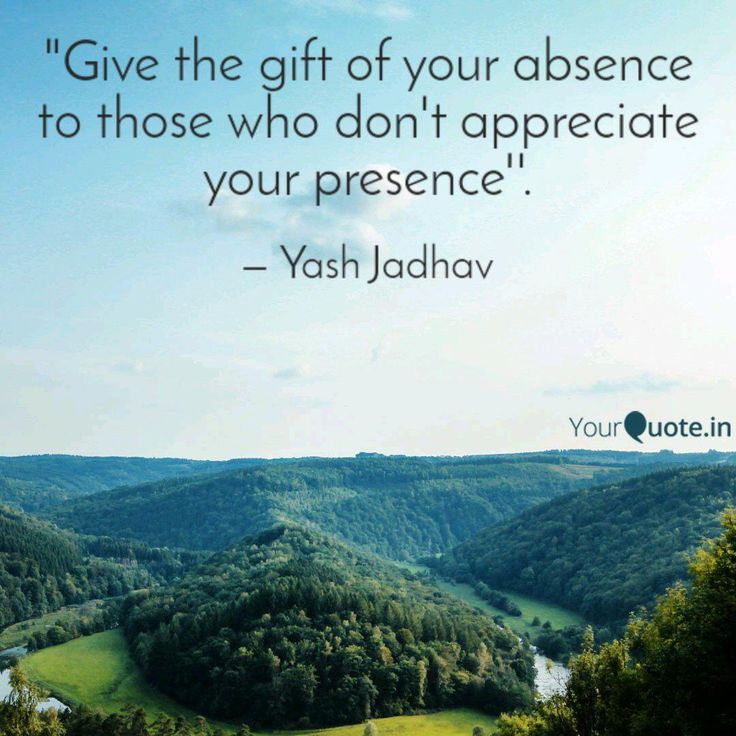 Not for "tick"? 18.10 08:40
Not for "tick"? 18.10 08:40 -
Armageddon in the Kharkiv perinatal center: a daily battle for life 11.10 17:00
-
War as a Crash Test of Culture Reader Survey 10.10 13:00
-
Turtle diving. How Ukrainians will emerge from the war 04.
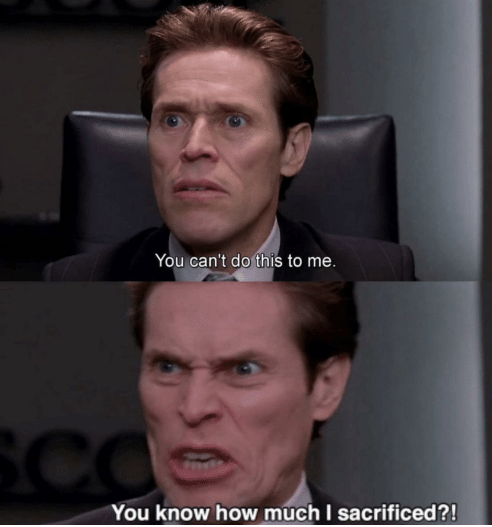 10 17:00
10 17:00 -
Should we expect the repentance of the Russian people? Reader Survey 03.10 08:31
-
The face of war. “He didn’t even say goodbye to us…” ► Video 02.10 17:00
-
When children grow up: empty nest syndrome in new realities 01.
 10 17:00
10 17:00 -
"The husband is in captivity, and the son was shot with six shots in the chest." Pain from Gostomel and Bucha 27.09 17:00
-
Winter of our worries 25.09 08:30
-
Raisin. Two free banks and unbearable pain Reader Survey 20.
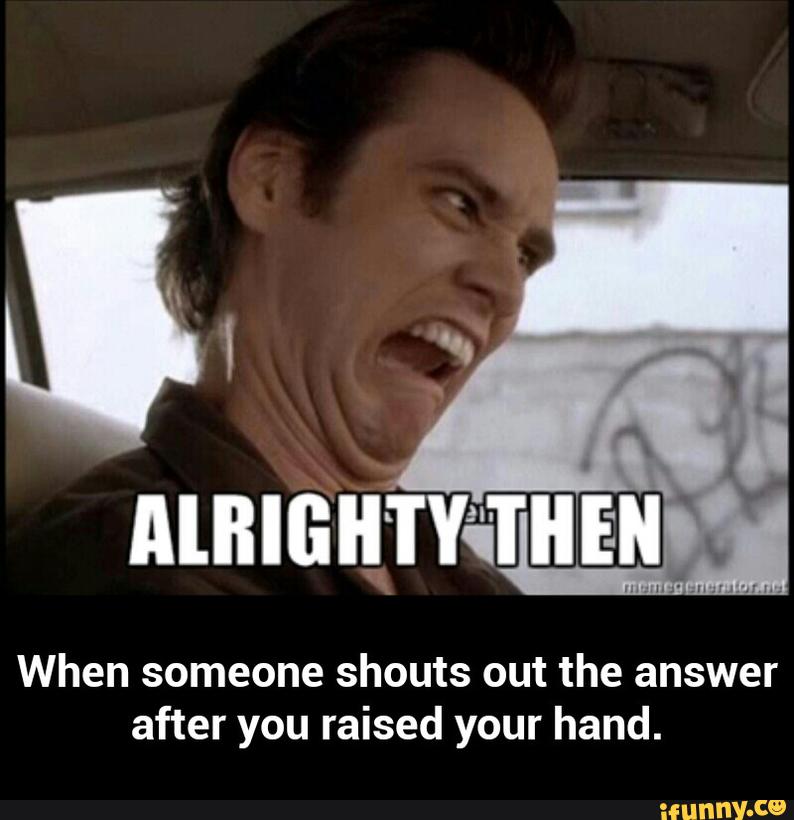
Learn more
-





